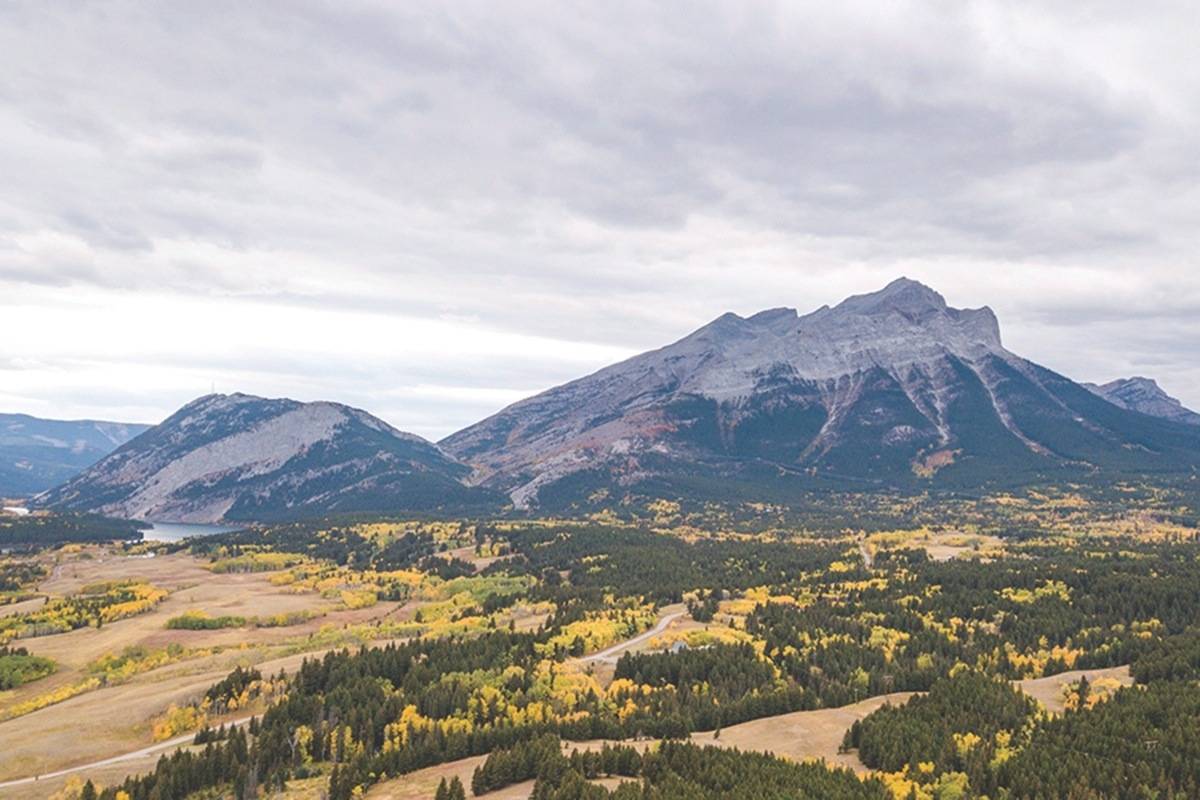Alberta and B.C.’s relationship was strained this past year, but a new study suggests that despite the rift, people living in both provinces are united by the belief they aren’t treated fairly by the federal government.
As the October federal election nears, a study released Wednesday by the Angus Reid Institute suggests that 62 per cent of respondents in Western Canada –Alberta, Saskatchewan, Manitoba and B.C. – said Ottawa’s treatment of them has worsened in recent years.
Only about three-in-10 people in each of the four provinces believes the federal government reflects and represents their province well.
In 2018, the federal government and Western provinces negotiated through several contentious policies, including the carbon tax and the Trans Mountain pipeline.
PHOTOS: Rival protests highlight B.C.’s divide over pipeline project
About 54 per cent of respondents from B.C. felt the province has more in common with Washington State than any province. Eighteen per cent felt the same about California.
Forty-four per cent believed all four provinces make up Western Canada, while 17 per cent believed Manitoba is not included. The same number of respondents defined the region as B.C. and Alberta only.
A large majority of people in B.C., Alberta, Saskatchewan and Manitoba – and a majority of Canadians overall – were inclined to believe “the west” is a unique region within Canada. That said, fewer than half of Canadians could agree on a single definition of which provinces constitute “the west.”

@ashwadhwani
ashley.wadhwani@bpdigital.ca
Like us on Facebook and follow us on Twitter.



